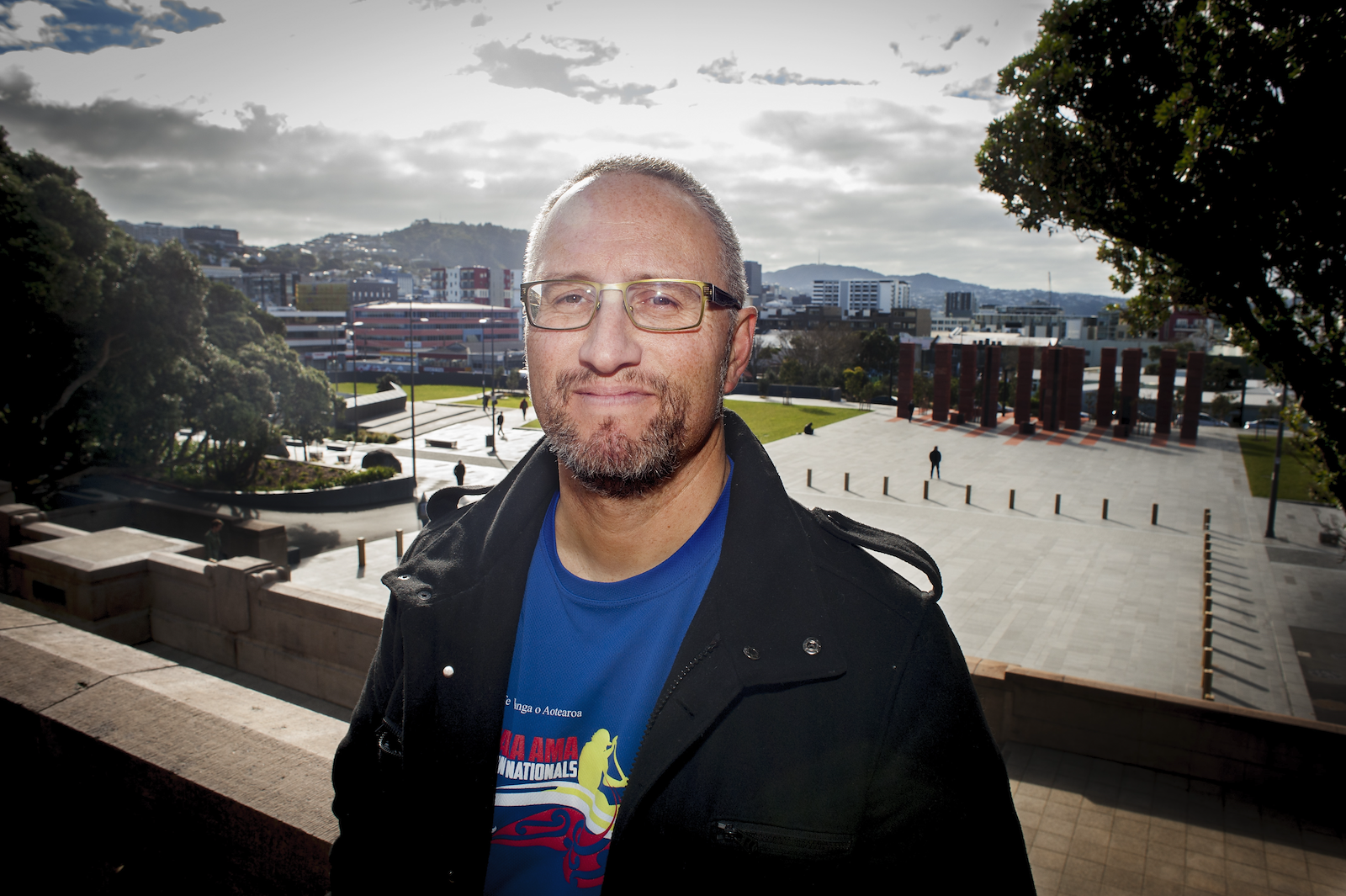As the country comes to the grips with the ongoing housing crisis, Māori landowners are finding their own solutions. The owners and trustees of Te Aro Pā are amongst those leading the way with a build of 14 papakāinga homes at Greta Point in Wellington.
Published: Rāhina, 19 Mahuru, 2016 | Monday, 19 September 2016

As the country comes to grips with the ongoing housing crisis, Māori landowners are finding their own solutions. The owners and trustees of Te Aro Pā are amongst those leading the way with a build of 14 papakāinga homes at Greta Point in Wellington.
“The history of this development is tied to Te Aro Pā, the original papakāinga located at the corner of Manners Street and Taranaki Street,” says owner and trustee Holden Hohaia.
“As the crow flies it is still quite close to our original pa site – and that’s a nice aspect of it. We have something that has a real for value for our kids and its doing something good for the community as well. As a trustee and owner, I am really proud of what we have achieved here.”

Owner and trustee, Holden Hohaia, with a of the original Te Aro Pā site and communal gardens in central Wellington.
In the 1870s displaced by a growing British settlement, Ngāti Ruanui and Taranaki iwi were given inhospitable land near a landfill. However, as the land was chemically contaminated, it proved to be too expensive to develop.
Holden says that in 2005 after lengthy negotiations, Wellington City Council agreed to swap it for the currently smaller, but more desirable site.
“We hope by making the four one-bedroom and 10 three-bedroom homes affordable, tenants will use the papakāinga homes as a stepping stone to home ownership.
This will give other whānau the chance to live in a modern seaside home on whenua that connects them to their tīpuna.”
As whānau moved in to Te Aro Pā, Liz Love reflected on what it meant to live in the new papakāinga.
The first thing Liz bought to her new home was a picture of her tipuna Te Atiawa Chief, WiTako Ngātata. He was placed near her when she signed the tenancy contract and officially started life in her new home.
“He’s in all of our homes. ‘I’m just trying to figure out if he’s the first thing you see when you walk in, or the last thing you see when you sit down. He always goes up first.”
As a descendant of the original inhabitants of Te Aro Pā, Liz has followed the developments of Te Aro Pā Trust closely. She remembers going to a meeting where today’s owners voted to swap land for the new site at Evans Bay.
Her ancestors were on her mind as she began moving in. “Well I probably didn’t expect to be this emotional but looking back on the processes that have taken place for these homes to be here today, it’s extremely overwhelming and it’s a blessing not only for my family, for our iwi and our people,” she said.
“I feel very honored when I think of all the people that have been on this journey and are no longer here with us.”
The idea of raising her two sons on whenua connected to her tipuna and surrounded by whānau is the icing on the cake.
“I like the fact that my landlords and pretty much all of my neighbours will somehow be whānau, “she said. “It’s definitely a positive move and you know your environment sets the mindset for your whānau and this being a papakāinga in a nice neighbourhood, will benefit us.”
In fact, it was Liz’s youngest son who overheard her talking about the papakāinga in Evans Bay and encouraged her to apply for tenancy.
Giving whānau like Liz’s a helping hand is exactly what the trustees of Te Aro Pā had wished for when they decided to build homes on the land.
In the words of Taku Parai, descendant, owner and trustee, “when visions become a reality, people become confident and trustworthy. I believe that through the collective the future looks great. These apartments will inspire and lift all those who will live in them.”

Liz Love, Te Aro Pā descendent and tenant (left) with her sister Maryner and a picture of her tipuna Te Atiawa Chief, Wī Tako Ngātata.